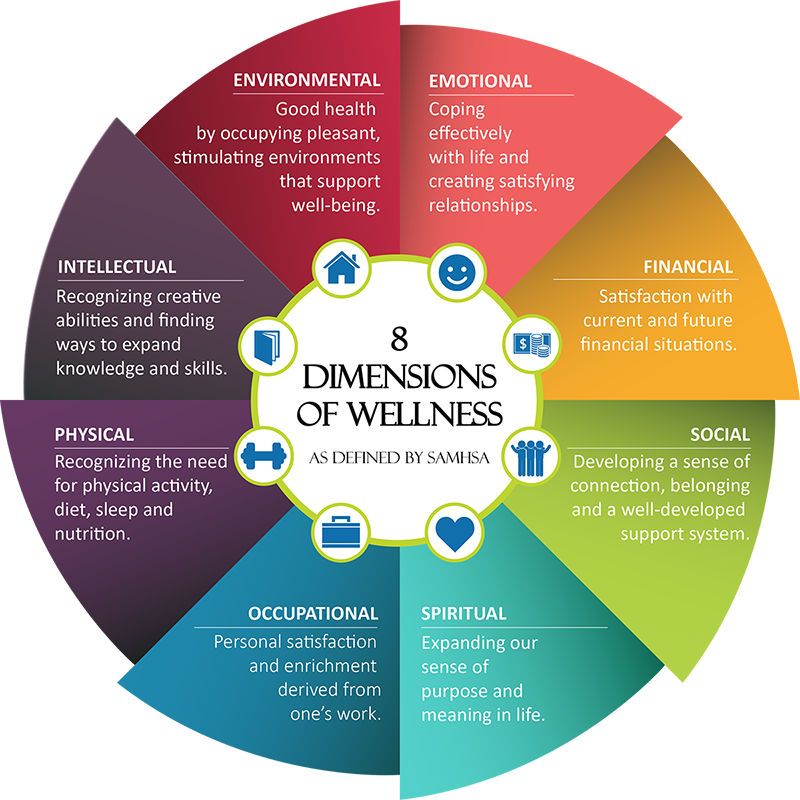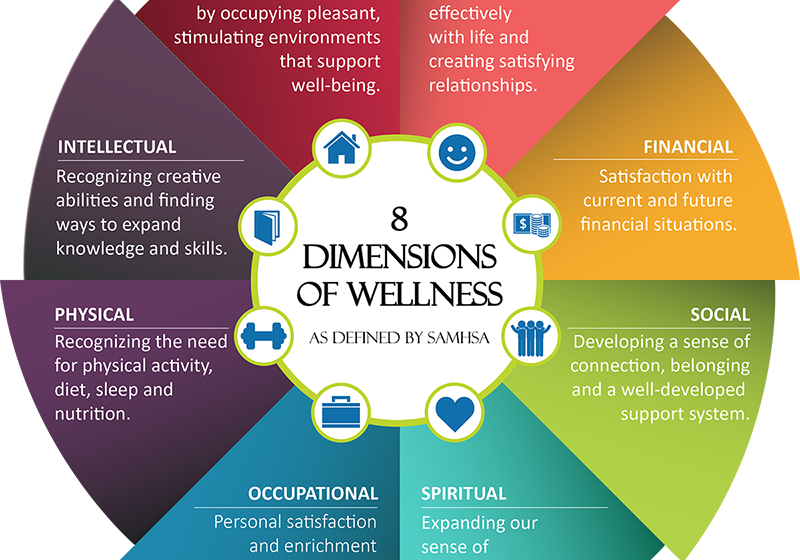In today’s fast-paced world, maintaining health is essential for overall well-being. Women go through various physiological and psychological changes throughout their lives, making women health a crucial topic of discussion. Understanding reproductive health, achieving hormonal balance, and nurturing emotional wellness are essential aspects of leading a healthy and fulfilling life. This article explores the importance of health for women, the role of hormones, and strategies to improve both physical and mental well-being.

The Importance of Women Health
Women health encompasses various aspects, from physical fitness and proper nutrition to mental stability and hormonal equilibrium. The body’s ability to function optimally depends on multiple factors, including lifestyle, diet, genetics, and medical care.
Maintaining health requires a holistic approach, including:
Regular exercise to strengthen the body
A healthy diet that includes the necessary vitamins and minerals
Proper management of stress and mental health
Routine medical check-ups and screenings
Understanding Reproductive Health
The Role of Reproductive Health in Overall Well-being
Reproductive health plays a critical role in a woman’s health throughout various life stages. It involves:
Menstrual cycle regulation
Pregnancy and postnatal care
Fertility and menopause management
Proper knowledge and awareness about reproductive health help women make informed choices regarding their bodies. Issues like polycystic ovary syndrome (PCOS), endometriosis, and infertility can significantly impact women health and require timely medical intervention.
Common Reproductive Health Challenges
Many women experience challenges that affect their reproductive health. Some common issues include:
Irregular Menstrual Cycles – Often caused by stress, poor diet, or underlying health conditions
Hormonal Imbalances – Fluctuations in estrogen and progesterone levels affecting mood and body functions
Menopause and Perimenopause – Natural aging processes that bring about significant hormonal changes
Achieving Hormonal Balance for Optimal Health
What is Hormonal Balance?
Hormonal balance is crucial for maintaining women health. Hormones regulate metabolism, mood, reproductive function, and overall vitality. When hormone levels fluctuate, it can lead to symptoms such as fatigue, weight gain, depression, and skin problems.
Factors Affecting Hormonal Balance
Several lifestyle factors impact hormonal balance, including:
Diet and Nutrition – Foods rich in omega-3 fatty acids, fiber, and protein help maintain stable hormone levels
Exercise and Physical Activity – Regular workouts improve metabolism and reduce stress hormones
Sleep Quality – Lack of sleep disrupts hormonal functions, leading to issues like increased cortisol and decreased melatonin levels
Natural Ways to Restore Hormonal Balance
Women can improve their hormonal balance by adopting natural methods such as:
Consuming nutrient-dense foods like leafy greens, nuts, and whole grains
Taking part in stress-relieving exercises like meditation and yoga
Ensuring adequate hydration to regulate bodily functions
Emotional Wellness- The Key to Mental Health
Why Emotional Wellness Matters?
Emotional wellness is as important as physical health. It refers to the ability to handle stress, build resilience, and maintain a positive mindset. Poor emotional wellness can contribute to anxiety, depression, and other mental health disorders.
Common Emotional Wellness Challenges
Women often face unique emotional struggles due to hormonal changes, societal expectations, and lifestyle pressures. Some common challenges include:
Postpartum Depression – Mood changes and emotional distress after childbirth
Anxiety and Stress Disorders – Chronic stress that affects daily life and productivity
Low Self-Esteem and Body Image Issues – Pressure to conform to societal beauty standards
Ways to Improve Emotional Wellness
Women can enhance their emotional wellness through the following strategies:
Mindfulness and Meditation – Helps in reducing stress and improving emotional stability
Seeking Support – Therapy, counseling, or talking to friends and family
Engaging in Creative Outlets – Activities like journaling, painting, or music therapy
The Connection Between Reproductive Health, Hormonal Balance, and Emotional Wellness
Women’s health is interconnected, and all three aspects—reproductive health, hormonal balance, and emotional wellness—play vital roles. For instance:
Hormonal fluctuations during menstruation or menopause can impact mood and mental stability
Poor emotional wellness can lead to stress-related reproductive issues like irregular periods
Conditions affecting reproductive health, such as PCOS, can disrupt hormonal balance and emotional well-being
Lifestyle Changes for Improved Women Health
Making small but significant lifestyle changes can enhance health in multiple ways:
Eating a nutrient-rich diet to support hormonal functions
Exercising regularly to balance stress levels and improve metabolism
Prioritizing sleep for better hormonal regulation
Engaging in self-care activities to boost mental well-being
Staying informed about reproductive and hormonal changes to make better health decisions
5 Most Trending FAQs About Women Health
How can women improve their hormonal balance naturally?
Women can maintain hormonal balance through a balanced diet, regular physical activity, stress management techniques, and adequate sleep.
What are the signs of hormonal imbalance in women?
Common signs include mood swings, irregular periods, weight gain, acne, fatigue, and sleep disturbances.
How does emotional wellness affect physical health?
Poor emotional wellness can lead to chronic stress, which affects the immune system, heart health, and reproductive functions.
What foods are best for supporting reproductive health?
Foods rich in iron, folic acid, omega-3 fatty acids, and antioxidants—such as leafy greens, nuts, seeds, and fish—support reproductive health.
Why is reproductive health important for overall well-being?
Healthy reproductive functions ensure hormonal stability, proper menstrual cycles, and fertility, contributing to overall health and well-being.
By focusing on health, women health, reproductive health, hormonal balance, and emotional wellness, women can take charge of their well-being and live healthier, more fulfilling lives.

